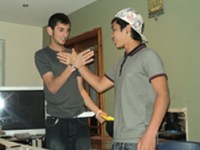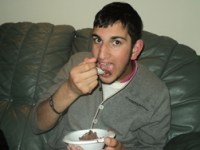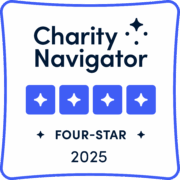Kain Brody Unzicker
(September 23, 2003 – October 27, 2022)

Kain Brody Unzicker was born on September 23, 2003, to Dennis Unzicker and Christina Hernandez at Desert Regional Medical Center in Palm Desert, California.
 Kain grew up perfectly healthy until he was 10 years old, that’s when he had his first seizure. He was misdiagnosed with Juvenile Myoclonic Epilepsy (JME) after being assessed by a doctor. He started having grand mal seizures about once a month at first, but the medications they prescribed didn’t seem to help and they got more severe and closer together.
Kain grew up perfectly healthy until he was 10 years old, that’s when he had his first seizure. He was misdiagnosed with Juvenile Myoclonic Epilepsy (JME) after being assessed by a doctor. He started having grand mal seizures about once a month at first, but the medications they prescribed didn’t seem to help and they got more severe and closer together.
He had his first seizure over 10 minutes in the 8th grade at school, and another less than a month later. We kept trying higher doses of medicines and changed them many times, until we found the combination he is on now, that seems to make them less violent and shorter in duration.
In 10th grade, the seizures were happening more frequently, and his neurologist at St Luke’s Children’s Hospital suggested a VNS implant, genetic testing and a second opinion from Seattle Children’s Hospital.
We received the diagnosis when the results came back, and they found the EMP2A mutation. They decided to perform a biopsy to confirm the presence of Lafora bodies, which came back positive. This was extremely devastating to hear that it wasn’t JME but in fact a death sentence with Lafora disease.
A terminal neurological degenerative disease that has no cure. They also advised that he may only live up to his mid-twenties before passing away from uncontrolled seizures or pneumonia.
 Kain’s cognitive decline started to effect school in the 9th grade, but until his proper diagnosis, it was thought his troubles were related to medication side effects and mild brain damage from the longer seizures he had had. By 11th grade, the seizures became more frequent, and it was no longer safe for him to ride the school bus because laws prohibited him from carrying rescue medication on the bus, and the drivers were not qualified to administer them, his Doctors also deemed continued education unnecessary.
Kain’s cognitive decline started to effect school in the 9th grade, but until his proper diagnosis, it was thought his troubles were related to medication side effects and mild brain damage from the longer seizures he had had. By 11th grade, the seizures became more frequent, and it was no longer safe for him to ride the school bus because laws prohibited him from carrying rescue medication on the bus, and the drivers were not qualified to administer them, his Doctors also deemed continued education unnecessary.

Kain was very adamant and determined to finish school, so we agreed to transport him ourselves, and his teacher learned how to administer his medication.
Against all odds, Kain graduated at 17, before his decline became more severe. Kain is very proud he accomplished graduating at Idaho City High School, class of 2021 and receiving his diploma. He achieved graduating during a pandemic and while the progression of Lafora disease continued. He never let anything stop him.
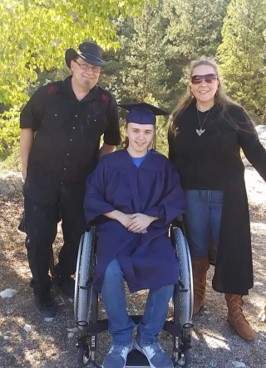
Dennis and Kain’s whole family were very proud and happy to see him graduate. Father Dennis shared, “He did it under so much pressure and under circumstances most kids would never have to worry about.
Unfortunately, Kain is now wheelchair bound and suffering from ataxia, the lack of muscle control or coordination and dysphagia which is where he can no longer swallow normally. Kain was given a permanent Gastro tube port for medication, food, and hydration.
He rarely talks anymore and when he does, he struggles tremendously. The myoclonus is affecting every muscle in his body, he can’t dress himself or bath and needs help going to the bathroom.
Father, Dennis stays home full time to care for him. “It’s the hardest thing I have ever done, but he is worth every second of struggle, and every tear. He can’t do much of anything these days. I watch movies with him a lot and listen to music. I take him everywhere I can to enjoy outdoors, but busy places are difficult for him.”
Kain is now 18 and is still waiting for a cure!
Please help by creating awareness and donating to Chelsea’s Hope Lafora Children Research Fund where the mission is to fund research into treatments to find a cure.
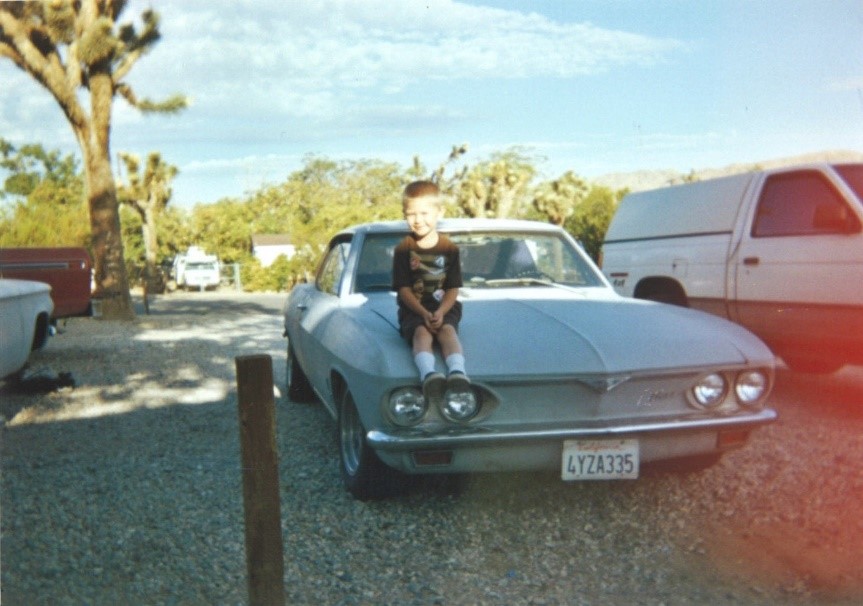
Kain is next to a 1967 Corvair. His family has a passion for restoring cars.
Kain’s love of cars was passed down from his dad and uncles. Dennis (Kain’s father) shares, “It started when he was old enough to say “car”, he would love to play with them, see them, and ride in them.”
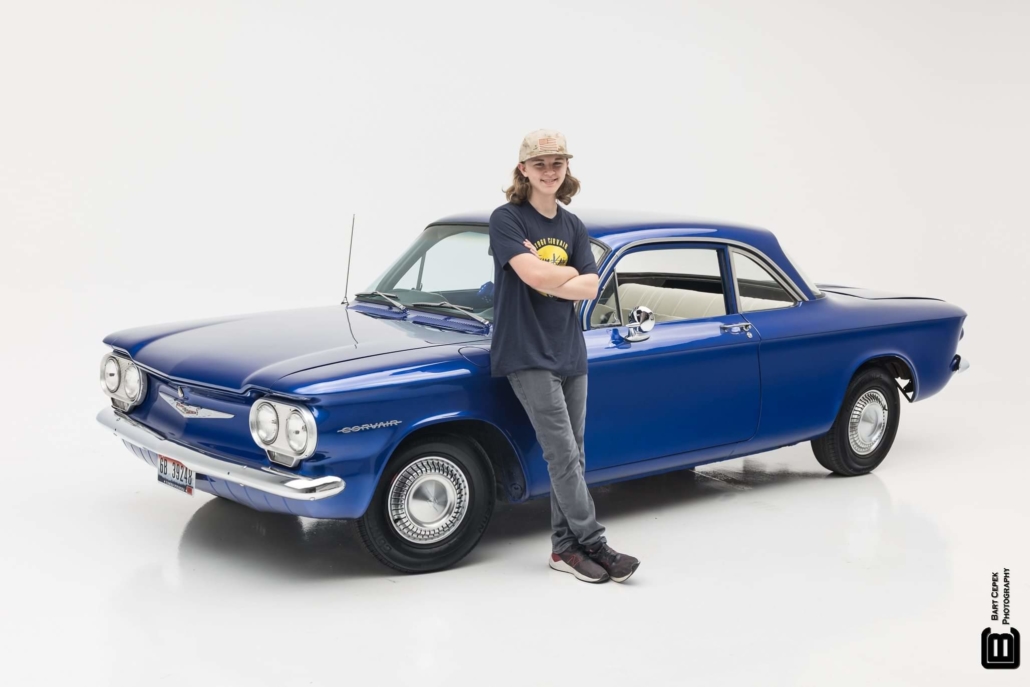

Kain was granted a Make-A-Wish and choose to spruce up his Corvair with a paint job and complete the interior. He chose Cobalt Blue for the paint and loves the color. The interior is blue and white.
For the Make-A-Wish reveal, shirts were created with “Team Kain” for this spectacular event.
Dennis and Kain did a lot of the mechanical work during quarantine. They fixed the wiring, lights, tuned up the motor, making sure it would run properly.
Kain was driven to graduation in Covair, he said “That was really fun”.



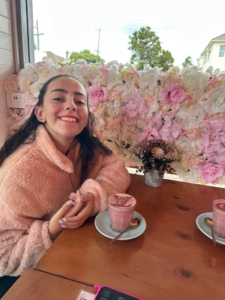

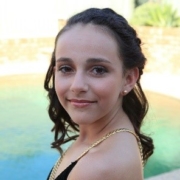
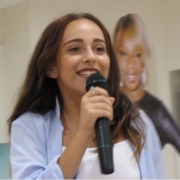
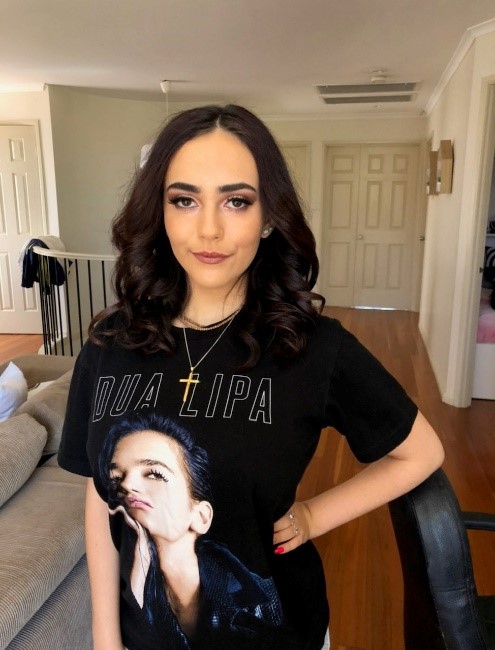
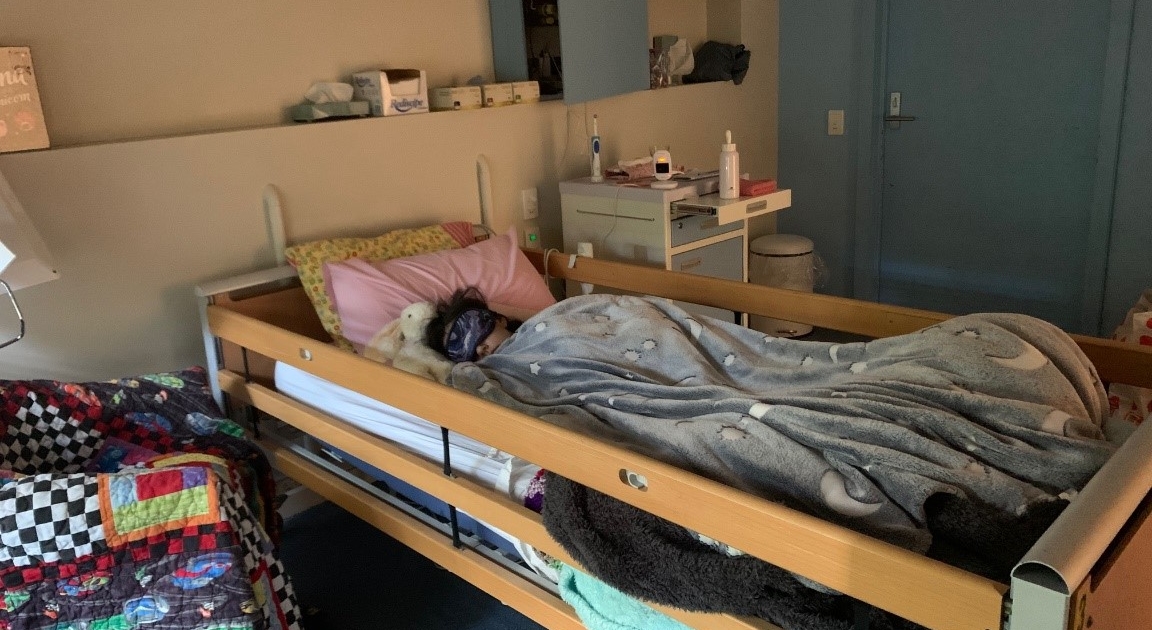

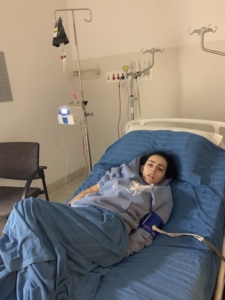
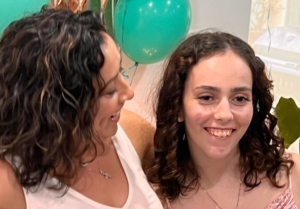
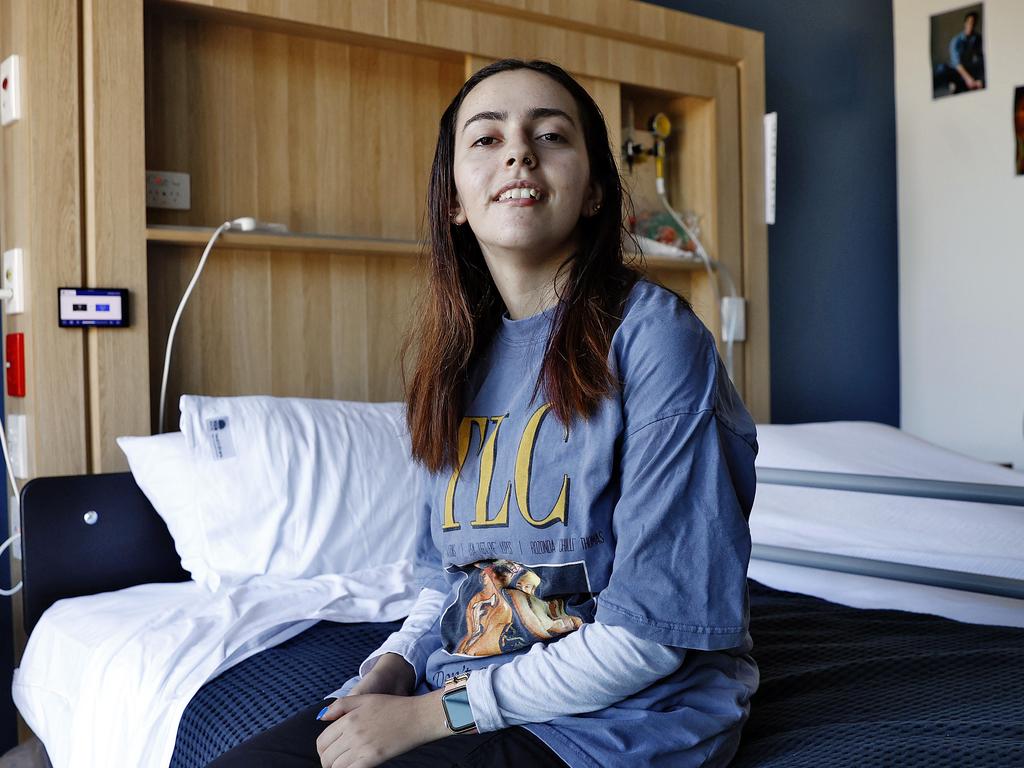

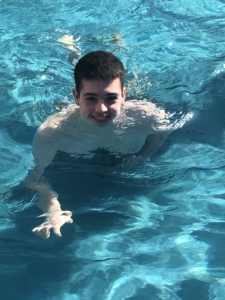
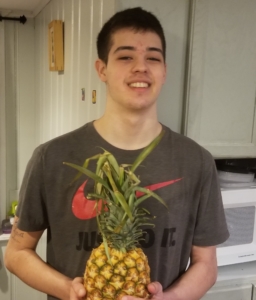
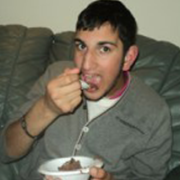
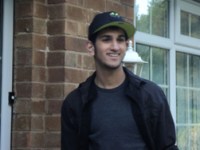 Shamoan Ahmed attends Chilwell School; he has a lot of blank spells lasting seconds. He has had a number of over night epileptic seizure maybe caused by tiredness. However, at the moment he is not on any anti epileptic medication he chooses not to go on it. Shamoan will be 14 years old in May 2009. Every morning I check my son is okay I thank my lucky stars and continue with my day with the hope he will continue to keep going as long as possible. Shamoan is on a low carbohydrate diet.
Shamoan Ahmed attends Chilwell School; he has a lot of blank spells lasting seconds. He has had a number of over night epileptic seizure maybe caused by tiredness. However, at the moment he is not on any anti epileptic medication he chooses not to go on it. Shamoan will be 14 years old in May 2009. Every morning I check my son is okay I thank my lucky stars and continue with my day with the hope he will continue to keep going as long as possible. Shamoan is on a low carbohydrate diet.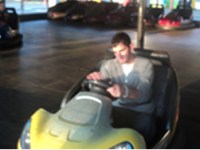 Shamoan loves football and playing on play station games, guitar hero world tour being his favorite at the moment. Shamoan’s friends are always around the house. As much as I am not keen on having youngsters around my home all the time, I think the day my son is not her I wont see any of them. I take every day as it comes and do my very best for him every day. I can accept for my children to be poor or homeless or even go without necessities in life it is so difficult for my children to know that they have the same medical condition as their sister. Worse still they saw her suffer and die. No child should have to see suffering and no child should have a ticking time bomb hanging over them. I only hope and pray that treatment and a cure is available one day for Lafora. My children have a death sentence for something they have not done. If research does not take place and treatment does not become available I will lose my other two valuable assets that I am trying to hold on to so desperately.
Shamoan loves football and playing on play station games, guitar hero world tour being his favorite at the moment. Shamoan’s friends are always around the house. As much as I am not keen on having youngsters around my home all the time, I think the day my son is not her I wont see any of them. I take every day as it comes and do my very best for him every day. I can accept for my children to be poor or homeless or even go without necessities in life it is so difficult for my children to know that they have the same medical condition as their sister. Worse still they saw her suffer and die. No child should have to see suffering and no child should have a ticking time bomb hanging over them. I only hope and pray that treatment and a cure is available one day for Lafora. My children have a death sentence for something they have not done. If research does not take place and treatment does not become available I will lose my other two valuable assets that I am trying to hold on to so desperately.